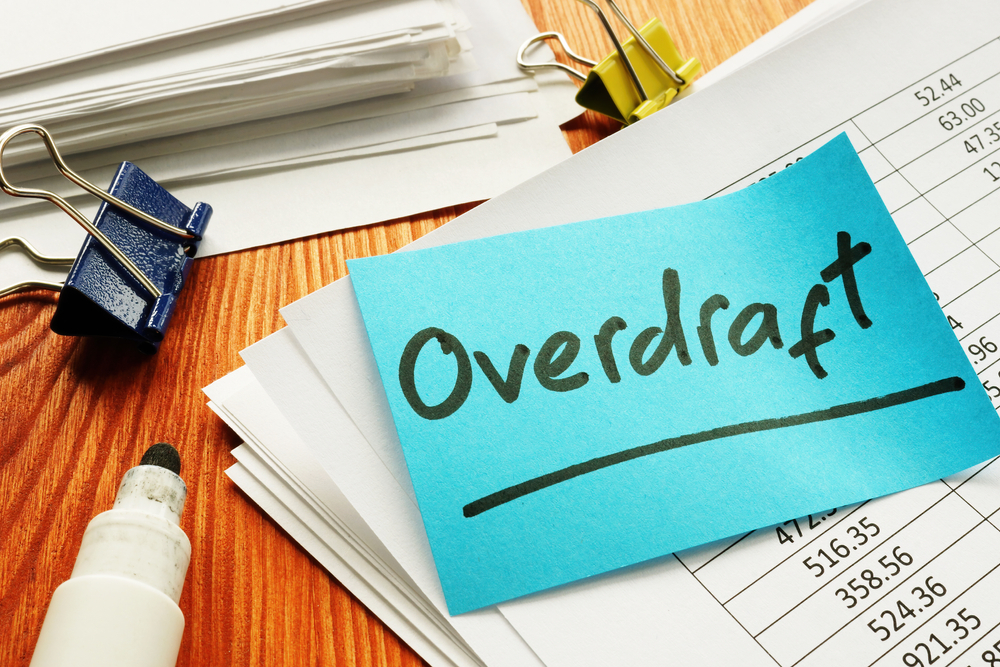Credit Cards & Loans
Overdraft fee crackdown sees Brits save £1bn in charges

Bank customers have saved a collective £1bn due to simplification of current account overdrafts, according to the Financial Conduct Authority (FCA).
The regulator said improved overdraft rules introduced from 2019 have reduced high fees for unarranged borrowing, removed complex charging structures and introduced help for those who were repeatedly using their overdraft.
The FCA said the £1bn in savings for customers is from two separate measures it introduced. Up to £486m has been saved due to measures to help customers manage repeated overdraft use, which came into force in December 2019. More than £500m has been saved due to pricing rules that came into force in April 2020.
Evaluation by the FCA found each customer who had an arranged overdraft or access to an unarranged overdraft saved, on average, £17.40 in charges in 2021 due to the new pricing rules.
Sheldon Mills, executive director for consumers and competition at the FCA, said: “We know that overdrafts offer a convenient way to help some people manage temporary cash flow issues, but some banks were charging more than 80% APR (annual percentage rate) on arranged overdrafts, once fees and charges were factored in.
“The action we took to simplify overdraft charges and to tackle high unarranged overdraft fees has saved people across the UK almost £1bn in total.
“Such savings are vital as people manage cost-of-living pressures. We expect banks and building societies to price fairly and support those in difficulty and we encourage consumers to shop around for the best current account to suit their needs.
“We expect banks to work with customers, who repeatedly use their overdrafts, to help them understand the options available to reduce their reliance on overdrafts.”
The FCA rules on pricing required banks to stop charging fixed fees for overdraft borrowing, to charge no more for an unarranged overdraft than an arranged one, to price overdrafts with a single annual interest rate, and advertise overdrafts with a representative APR.
The pandemic effect
However, experts have pointed out that overdraft use fell during the pandemic, and this may have skewed the figures.
In 2017, when the FCA examined the market, 26 million people used overdrafts – including 14 million unarranged overdrafts. By the time it checked it again in 2021 – after millions of people had built up cash deposits during Covid lockdowns – only 15 million people used them – including six million unarranged overdrafts.
According to calculations by Hargreaves Lansdown, during that time, average monthly borrowing had also fallen from £126.50 to £86.50. Current account balances climbed consistently during the pandemic, so fewer people were close to the edge.
Sarah Coles, head of personal finance at Hargreaves Lansdown, said: “The overdraft crackdown has saved us a small fortune in sky high charges and fees. It also came at the same time as the pandemic, when borrowing fell sharply, which meant millions of people saved even more. There are an awful lot of savings to celebrate, but we can’t get complacent, because borrowing is on the rise again.
“The rule changes made a significant difference, especially for people who use overdrafts regularly. Before the changes, the cost of an overdraft was horrible – with daily charges and outlandish fees – which fell most heavily on the most vulnerable.
“On average we paid £4.10 a month for every £100 we borrowed this way – the equivalent of a 62% EAR. Now that charge has been cut to £1.90 – the equivalent of 25%. And because the rates on unarranged overdrafts and arranged ones have been equalised, they fall less heavily on people with problem debts.”